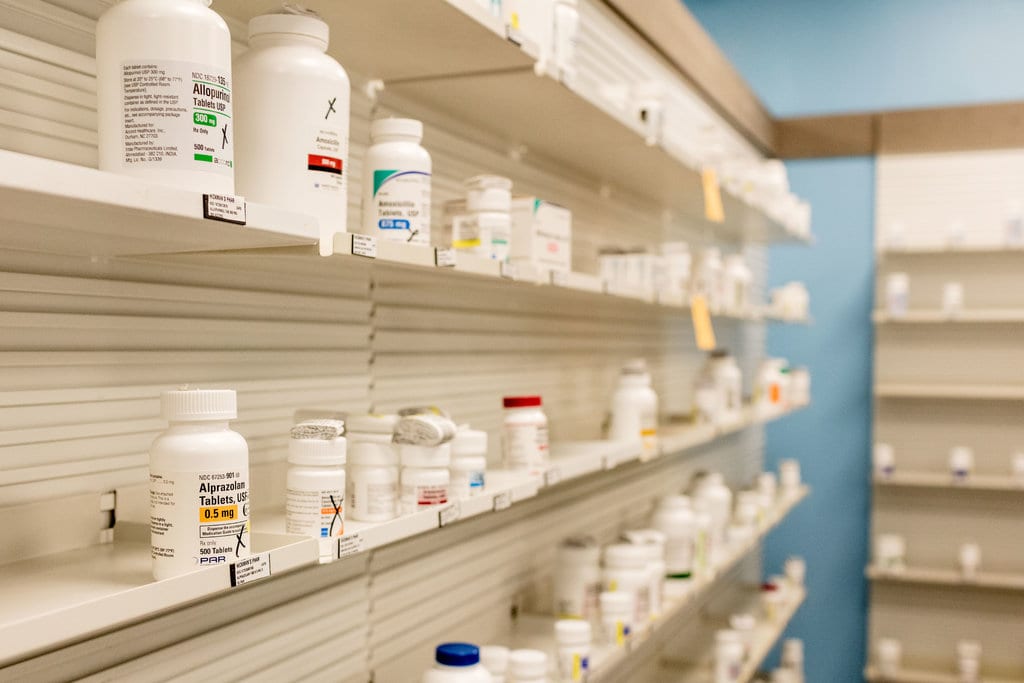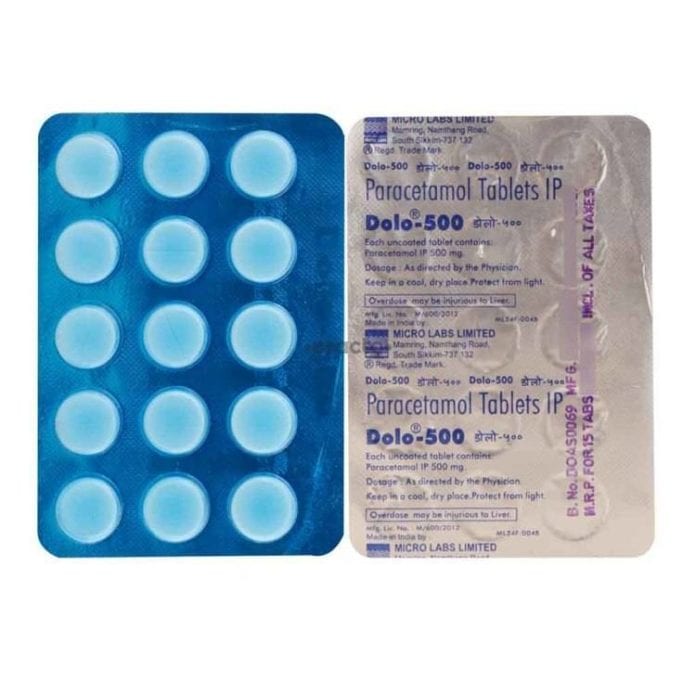Paracetamol is one of the most commonly used drugs in the world. There is a big chance that everyone reading this article has had a dose of it at one point in time. It falls under the category of painkillers and is used to treat small injuries, aches, and fevers. This treatment, however, is short term in nature. The penetration of this drug is so extended that any developments related to this drug could affect a huge chunk of the human population. Researchers are reporting that unintentional overdoses from paracetamol have been rising in many nations across the globe.

The primary reason for this is the available dosages. A new study by researchers in Switzerland suggests that even if it is taken under the guidance of a medical professional, a higher dosage of Paracetamol can cause poisoning in patients. The poisoning is not very dangerous as there is an effective antidote; however, it can cause severe liver damage. The biggest problem seems to be the OTC (over the counter) tablets that are easily available. The study mentions the case of Switzerland, where after the introduction of the 1000 mg tablet, the sales of the 500 mg version were pushed back to a tenth of the other tablet.
Most of the cases brought to the attention of the Swiss National Poison Centre after the introduction of the 1000 mg tablet were related to the paracetamol 1000 mg tablet. The primary reason behind the increased dosage could be that the drug does not work for everyone. It depends on the person who is taking the tablet, whether the drug will work for them or not. If it doesn’t, they are likely to increase the dosage, which could lead to poisoning.
The limit for an adult is about 4000 mg per day; this limit, however, can be easily crossed if the patient is not aware of the consequences. Another interesting fact is that the newly introduced 1000 mg tablet in Switzerland did not replace the old 500 mg tablets. They are prescribed to an entirely new set of people who want a painkiller that is safer than opioids but stronger than the 500 mg tablet. This is another point of concern because paracetamol does not work for everyone. The good news for the Swiss is that 90 percent of the patients who overdosed on it received the antidote within 8-10 hours.
This problem needs to be counteracted on every front, from general awareness of the side-effects that this drug can have to putting a limit on the number of 1000 mg tablets that can be sold to an individual. Hopefully, governments across the world will take this study seriously before we see any avoidable tragedies happen.
Further Reading:


